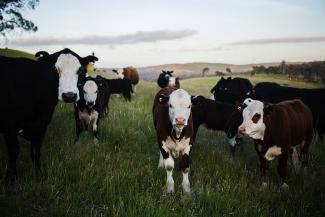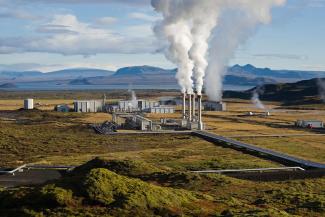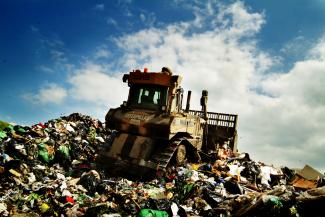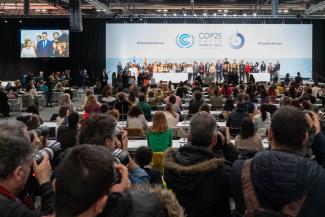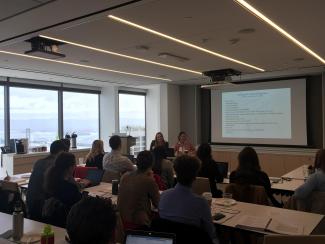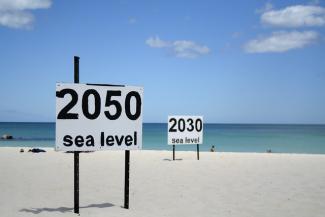COVID-19’s Breath of Fresh Air: Pandemic Gives China and California Blue-Sky Glimpse of a Low-Emission Future
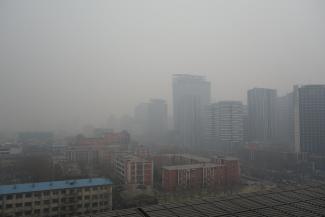
Nearly four billion people worldwide are under government mandates to socially distance themselves from one another in order to “flatten the curve” of COVID-19. Non-essential workers are hunkering down at home, bringing the daily commute and air travel to a virtual halt. The resulting decline in air pollution is stunning, visible even in satellite images.
